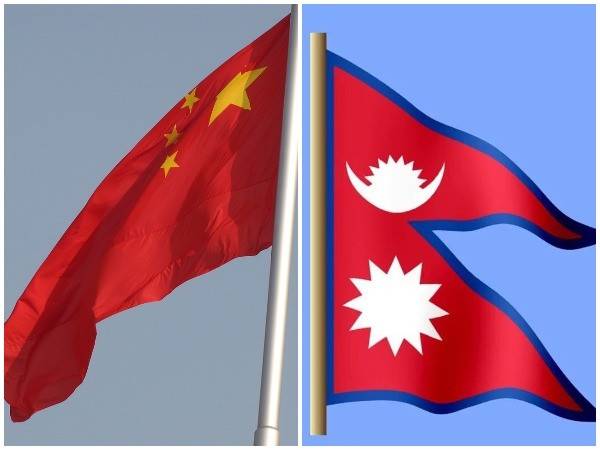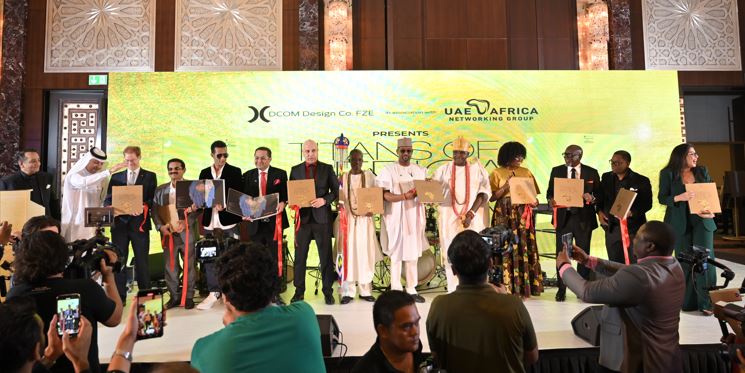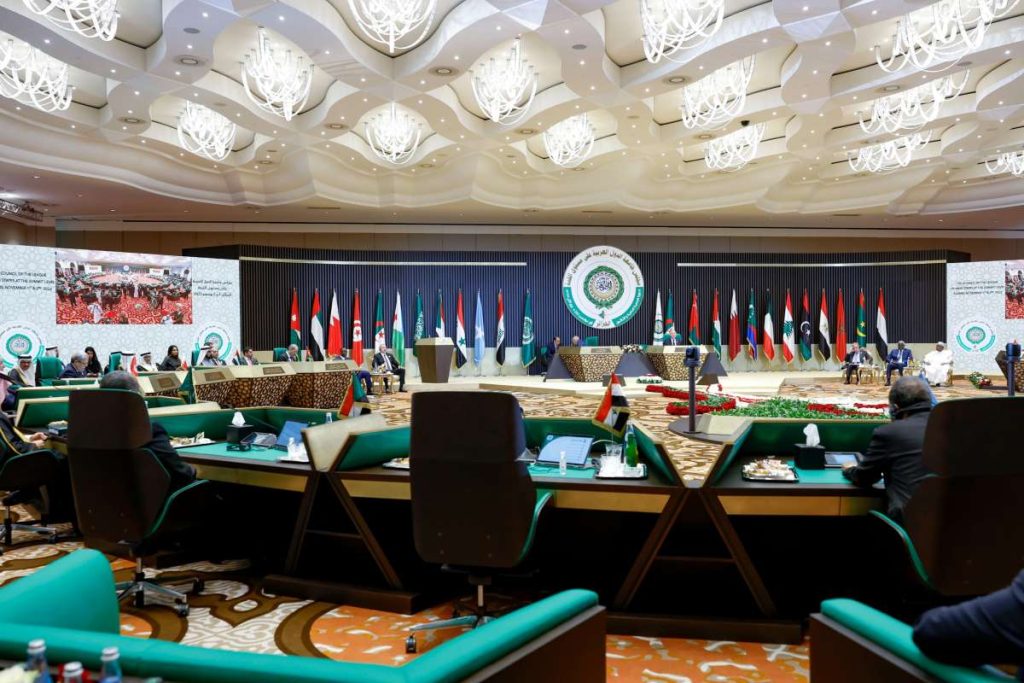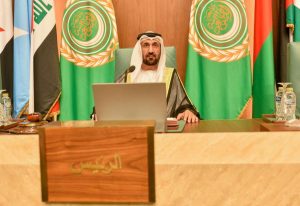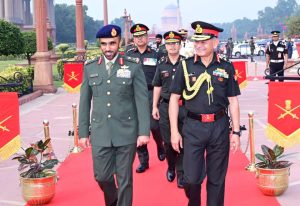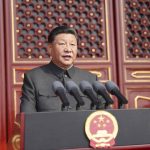Seeking to mitigate political instability, China has pushed for a united leftist party in Nepal that would enjoy widespread support and govern in favour of officials in Beijing…reports Asian Lite News
Ahead of this month’s elections, Nepal’s democracy faces a dual challenge – its own factionalism and the Chinese Communist Party’s growing influence in the Himalayan nation.
Marcus Andreopoulos, a senior research fellow at the Asia-Pacific Foundation, writing in Foreign Policy said that China has become increasingly more involved in Nepal’s domestic politics.
On November 20, Nepalis will head to the polls to elect their 11th government since the country became a democratic republic in 2008. However, the continuous formation and breakdown of alliances has plagued Nepal’s politics, leaving voters disillusioned.
Geography makes engagement with China a necessity for Nepal, but during the country’s transition to democracy, this relationship quickly developed into what onlookers inside Nepal describe as foreign meddling in Kathmandu’s political affairs, said Andreopoulos.
Nepal features prominently in China’s growing assertiveness in South Asia, and the vote outcome could either blunt or enhance Beijing’s strategic plan as Chinese President Xi Jinping begins his historic third term.
Nepal’s elections will briefly see united communist parties compete against each other once again.
Leftist and communist ideologies have formally existed in Nepali political discourse since the mid-20th century. Sympathies for the communist movement continued into the late 1990s and early 2000s, manifesting in popular support for the Maoist insurgency that eventually oversaw the end of former King Gyanendra Shah’s rule.
Today, all major Nepali political parties still see themselves as proponents of democratic socialism. Since Nepal embraced democracy, the CCP seems to have taken advantage of the willingness of some communist factions in Nepal to deepen diplomatic ties, reported Foreign Policy.
Seeking to mitigate political instability, China has pushed for a united leftist party in Nepal that would enjoy widespread support and govern in favour of officials in Beijing.
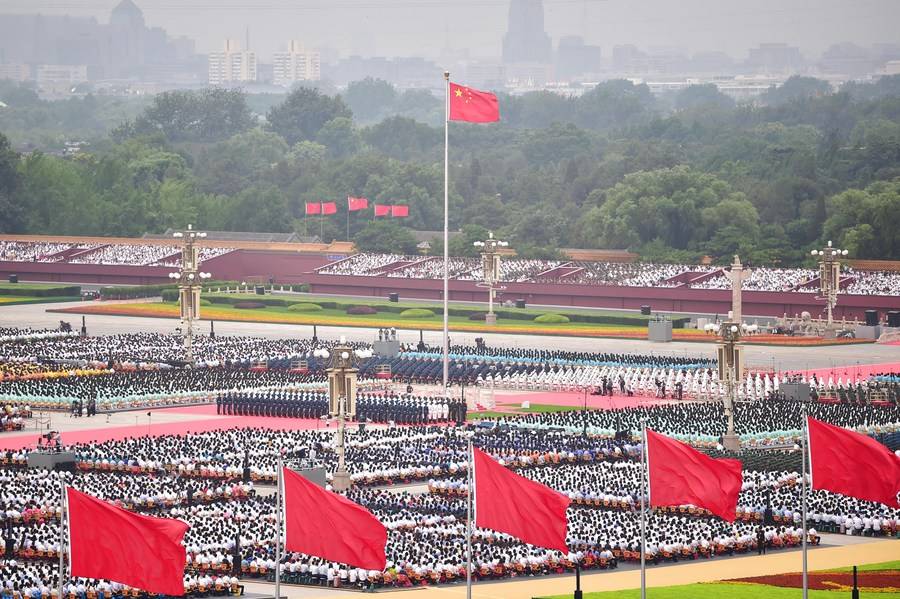
By attempting to shape a hegemonic party that could rule unopposed, erode the apolitical nature of Nepal’s police, and seek to undermine the free press, the CCP machine appears intent on making Nepal serve China’s interests, said Andreopoulos.
Although Nepal’s dominant leftist ideology is inviting for the CCP, its diplomats appear baffled by divisions among seemingly aligned parties.
In 2017, the Communist Party of Nepal (Unified Marxist-Leninist) and the Communist Party of Nepal (Maoist Centre) announced that they would contest that year’s general election as an alliance. Many analysts suspected the CCP played a role in the merger.
The newly formed Nepal Communist Party took office in 2018, but by 2021, the coalition had fallen apart. The Maoists entered into yet another partnership with the centre-left Nepali Congress party, suggesting opportunism rather than ideology still fuelled the country’s political alliances.
To achieve its own ambitions in Nepal, China would prefer consistent and ideological leadership similar to the CCP. To start, a lack of consensus among the various leaders who have come through Kathmandu’s revolving doors has inhibited progress on infrastructure projects under Beijing’s Belt and Road Initiative (BRI), which Nepal signed on to in 2017.
Since the initial agreement, Kathmandu has appeared reluctant to begin work on a single project. Concern about debt remains an obstacle for the ruling coalition led by the Nepali Congress. There is also growing scepticism toward Chinese-funded projects after repeated delays to the opening of the international airport in Pokhara, Nepal, reported Foreign Policy.
For Beijing, continuity of leadership in Kathmandu could also benefit the CCP’s geopolitical standing. Deepening ties between Nepal and China have already led to a strong display of solidarity at the United Nations; in 2021, Nepal joined other South Asian countries in commending China’s approach in Xinjiang, Tibet, and Hong Kong, where it has faced criticism for human rights violations.
And any hope of a free Tibet would be quashed if the CCP is able to sandwich the region between two like-minded governments in Beijing and Kathmandu, said Andreopoulos.
In 2019, Nepal endorsed the CCP’s position on Taiwan–but that was under the leadership of pro-China former Prime Minister Khadga Prasad Sharma Oli. If Beijing manages to push for a united leftist party to take power in Kathmandu, it would both boost economic ties between the countries and consolidate China’s global reputation in the event of a war with Taiwan, reported Foreign Policy.
These developments highlight the grave danger facing Nepal’s democracy ahead of this month’s elections. The CCP will undoubtedly seek to court whichever party or coalition emerges victorious. (ANI)

